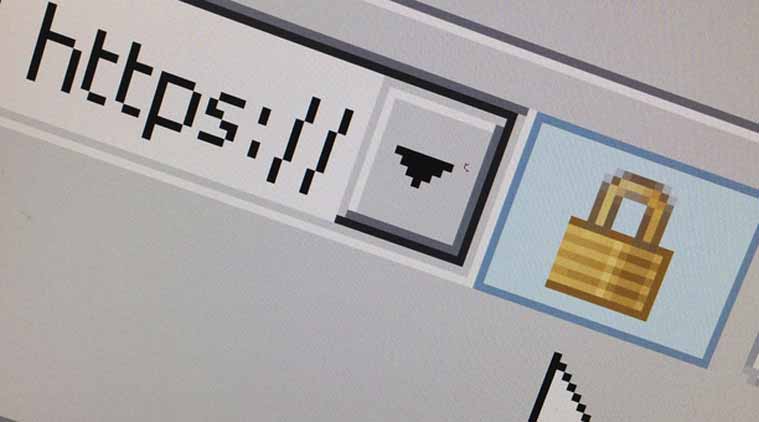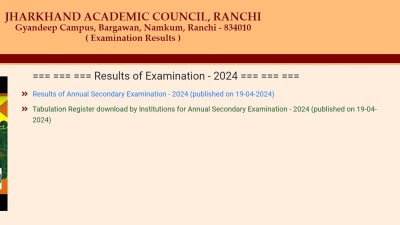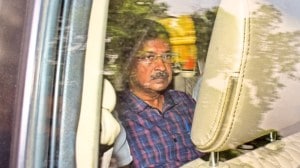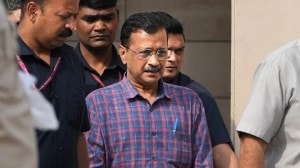- India
- International
Net Neutrality debate: Government looks at law to clarify ‘dos and don’ts’
Sources in the DoT said that very high internet traffic growth rate is leading to network congestion and spectrum crunch, forcing TSPs to adopt traffic management tools.
 If an ISP blocks a major website, slows down another or arbitrarily prices some content higher, you can be sure of a major competitor attack, a consumer exodus and long-term brand erosion.
If an ISP blocks a major website, slows down another or arbitrarily prices some content higher, you can be sure of a major competitor attack, a consumer exodus and long-term brand erosion.
Against the backdrop of telecom players repeatedly challenging regulatory rulings in the United States, the government and the Telecom Regulatory Authority of India (TRAI) are veering towards the view that there is a need for a public law spelling out “dos and don’ts” to ensure net neutrality. At present, there are no legal provisions for either the government or the regulator to enforce non-discriminatory access to the internet.
Also Read: TRAI makes all Net Neutrality responses public, including your email ID
A background note provided by the department of telecom (DoT) to a six-member committee it constituted makes a case for “having specific measure for enforcing net neutrality”, keeping in view factors relevant in the Indian context. Three of the four factors — need for increased broadband availability, a competitive environment and low telecom tariff — clearly suggest that market forces will take care of any aberration by telecom service providers (TSPs).
Also Read: TRAI website hacked after regulator makes 1mn email IDs public
The note to the committee, which is expected to submit its report by the second week of May, takes a grim view of the fact that the most dominant content and application providers are incorporated outside the country, leading to concerns of security, interception and legal jurisdiction. While TSPs Airtel and Reliance launched separate services in association with select content providers offering free data access to their websites, they soon withdrew it, not because of any government or regulatory fiat, but due to a public outcry.
[related-post]

Sources in the DoT said that as things stand today, very high internet traffic growth rate is leading to network congestion and spectrum crunch, forcing TSPs to adopt traffic management tools that restrict flow of data on the Internet. They also employ a host of tariff and commercial measures that militate against principles of net neutrality, such as data caps and fair usage policy, thereby incentivising and discriminating with select content and applications.
The regulator and the DoT are also not lost on the lawsuits filed by a number of service providers challenging US telecom regulator Federal Communications Commission’s March 10 open internet order. “The FCC is facing this onslaught since there is no specific law governing rules of net neutrality,” said a source in TRAI.
DoT and TRAI sources pointed out that clearly defined “do’s and don’ts” will see India stand out among nations on the extent of neutrality and regulatory measures undertaken to enforce them. In its note, DoT states that very few countries have opted for specific legislations on net neutrality. This is corroborated by Web Foundation’s 2014 Web Index which shows that 74 per cent of 86 countries included in the study lacked clear and effective net neutrality rules or showed evidence of price discrimination.
Apr 19: Latest News
- 01
- 02
- 03
- 04
- 05






































